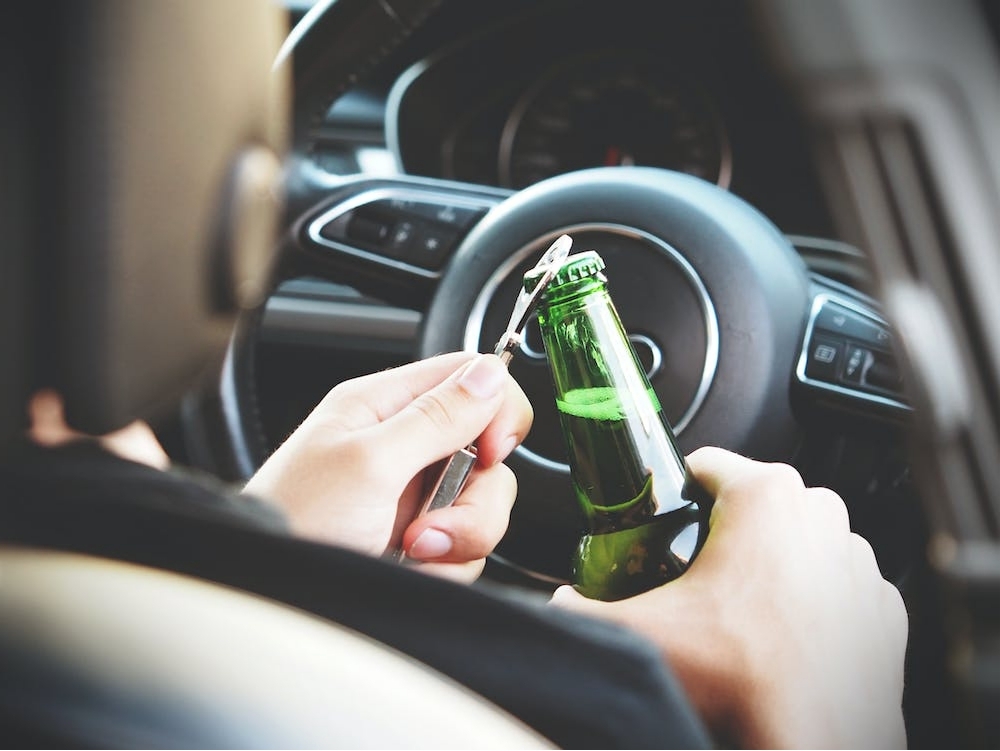Drunk driving remains a significant concern on roads globally, with strict laws enacted to curb its prevalence. In the United Kingdom, driving under the influence of alcohol is a serious offence that attracts severe penalties. Understanding the legal framework surrounding drunk driving, including penalties based on alcohol levels and the concept of exceptional hardship, is crucial for motorists.
Penalties Based on Alcohol Levels
The penalties for drunk driving offences in the UK are determined primarily by the level of alcohol detected in the driver’s breath, blood, or urine. Here’s a breakdown of penalties based on alcohol levels:
High Alcohol Levels (Breath: 120–150 mg):
- Starting Point: 12 weeks’ custody
- Range: High-level community order to 26 weeks’ custody
- Driving Ban: 29–36 months (extendable if immediate custody is imposed)
- Disqualification for a second offence within ten years: 36–60 months
Medium Alcohol Levels (Breath: 90–119 mg):
- Starting Point: Medium-level community order
- Range: Low-level community order to high-level community order
- Driving Ban: 23–28 months
- Disqualification for a second offence within ten years: 36–52 months
Low Alcohol Levels (Breath: 60–89 mg):
- Starting Point: Band C Fine
- Range: Band C Fine to a low-level community order
- Driving Ban: 17–22 months
- Disqualification for a second offence within ten years: 36–46 months
Very Low Alcohol Levels (Breath: 36–59 mg):
- Starting Point: Band C Fine
- Range: Band B Fine to Band C Fine
- Driving Ban: 12–16 months
- Disqualification for a second offence within ten years: 36–40 months
It’s essential to note that these penalties are subject to aggravating or mitigating factors the court considers during sentencing.
Understanding Exceptional Hardship:
Exceptional hardship is a legal concept applied in cases where individuals face disqualification from driving due to accumulating 12 or more penalty points on their licence within three years. It acknowledges that while the penalty point system aims to promote road safety by penalizing repeat offenders, there may be instances where the consequences of disqualification extend beyond what is considered reasonable or proportionate.
In essence, exceptional hardship recognizes that losing one’s driving licence can have far-reaching implications beyond inconvenience, impacting livelihoods, employment, family responsibilities, and overall well-being. However, it’s crucial to note that exceptional hardship is not invoked solely based on the inconvenience of losing a licence; instead, it requires demonstrating genuinely exceptional circumstances beyond the norm.
Pleading Exceptional Hardship for Drunk Driving
When considering exceptional hardship in the context of drunk driving offences, it’s important to understand that the offence does not attract penalty points on the driving licence. Instead, drunk driving convictions typically result in a mandatory driving disqualification of at least 12 months, depending on the severity of the offence and any previous convictions.
Given this framework, pleading exceptional hardship specifically for drunk driving disqualifications may not be applicable. However, individuals facing disqualification due to accumulating penalty points from other driving offences and a drunk driving conviction may still explore exceptional hardship as a potential avenue for mitigation.
For example, suppose a driver accumulates penalty points from speeding or other traffic violations alongside a drunk driving conviction. In that case, they may plead exceptional hardship to avoid disqualification. In such cases, individuals must present compelling evidence to the court demonstrating how losing their licence would result in exceptional hardship beyond what is deemed reasonable.
This evidence could include testimonies from employers, financial documents illustrating the impact on livelihoods, medical reports detailing any exceptional circumstances, or evidence of significant family responsibilities that would be compromised. The court will carefully assess the presented evidence to determine whether the circumstances warrant leniency in avoiding disqualification.
Final Thoughts
Understanding the penalties associated with drunk driving offences and the potential recourse through exceptional hardship is essential for motorists. While the legal framework provides avenues for mitigation, individuals must approach these proceedings with diligence and sincerity. By adhering to legal alcohol limits and driving responsibly, motorists can contribute to safer roads and avoid the severe consequences of drunk driving convictions.


